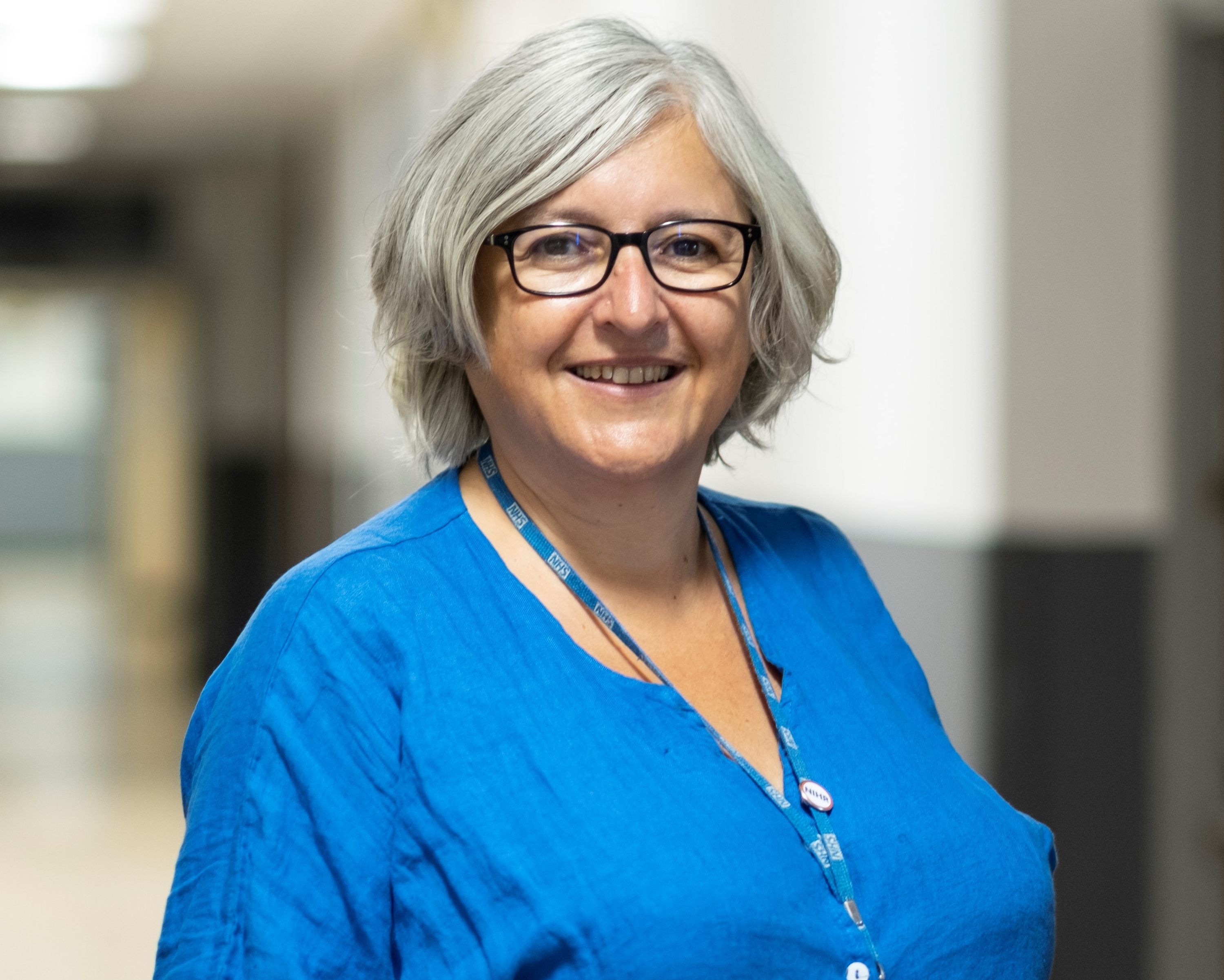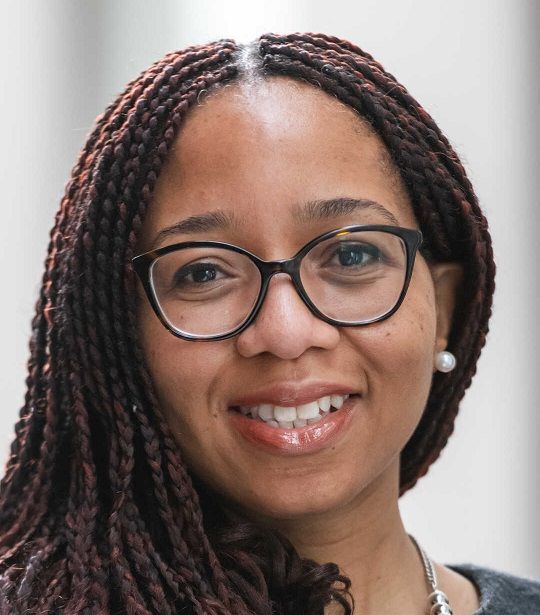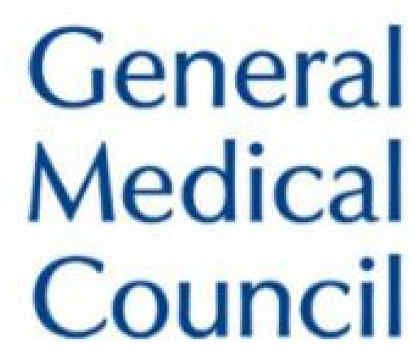Clinical Research Rotation Blog by Darragh Sinnott
I can hardly believe I'm sitting down to recap the past six months of my journey in the Mixed Clinical Research Rotation. Time has truly flown by, and I’ve enjoyed every moment! For those of you who may not be familiar with this rotation—or those are curious about taking it on—I wanted to take a moment to reflect on my experiences of this rotation, share how it has enriched my understanding of research and the highlight the skills I developed to apply research effectively to practice.
So what is the mixed clinical research rotation?
In essence, it is an opportunity for our Trust’s Therapy staff to spend one day per week learning about, and immersing themselves into ongoing clinical research happening at Imperial. One of the best things about this opportunity is that it is completely flexible, and you can really dive deep into an area of research that fascinates you (or scares you!) in order to benefit your practice.
Why did I apply?
As an Occupational Therapist working in Paediatrics, I frequently encounter phrases like “paucity of evidence” and “based on adult studies.” This often leads me to observe that many therapists in the field tend to prioritise their own clinical expertise, developed through trial and error, over empirical healthcare evidence. This phenomenon was highlighted in the systematic review by Upton et al. (2014) regarding Occupational therapists’ attitudes and knowledge about evidence-based practice, and further explored in Valera-Gran et al.’s (2024) recent survey on occupational therapists’ scientific skills. Both studies indicate that individual confidence in research abilities, knowledge of effective application in practice, and organisational constraints—such as time limitations and lack of support—significantly hinder the implementation of evidence-based practice. This rotation provided me with an invaluable opportunity to challenge these perspectives.
What did I do?
My time on the clinical research rotation was truly flexible, which meant that I could dictate how to split my time between tasks. From working in an acute ward, where there is structure and little time to sit and think, to working at home, where there was time, space but also distractions a plenty, it took some getting used to.
But I was lucky enough to get the opportunity to learn from the great Caroline Alexander, Lead Clinical Academic for AHP’s – who pointed me in the right direction all the way throughout the rotation.
The first thing Caroline did for me was to highlight the fantastic Clinical Research Training Framework that was created by our Imperial Academic Health Science Centre’s Clinical Academic Training Office to guide learning, and this helped massively in how I wanted to structure my time.
Self-directed learning:
Firstly, I was able to ease myself into the rotation through completing fundamental research skill training courses online such as Good Clinical Practice, Public and Patient Involvement in Research, and Understanding Research Methods. These gave me the foundational skills on which to get more actively involved in the research going on at Imperial.
Additionally, I was signposted towards the multiple training opportunities provided by CATO, Imperial College NHS, NIHR and Imperial College Library - who all run regular workshops to help with a wide variety of research skills, from literature searching, critical appraisal and writing skills, to more specific skills such as statistical analysis, academic poster creation skills, and public speaking skills. I couldn’t believe how easy these courses were to access, and it really highlighted how many opportunities there are for all AHP’s to learn and upskill in research.
So then came the next part – getting stuck into the research itself!
Since there are so many brilliant projects being run at the moment at Imperial, I really had to think hard about what I wanted to learn more about, and what skills I wanted to improve. I was drawn immediately to the work being carried out by fellow occupational therapists Katia Fournier and Donna Kennedy in the Imperial Hand Therapy department. In this project, I was given the opportunity to get involved in nearly every stage of the qualitative research cycle, as well as see findings from this work being implemented and effected directly on the ground. So what did I do?
My involvement in this project started somewhere in the middle of the research cycle. I dusted off my research brain, and was able to get stuck into thematically analysing a set of 8 focus groups - carried out to understand the perspectives of patients who received treatment for hand fractures at Imperial, and particularly within the Imperial Hand Therapy Department. Several themes were identified from these interviews, with change ideas being developed to address concerns raised by the participants in their care.
Using these patient perspectives, a new “EPiC” clinic was established, with the aim to streamline care for patients with closed hand fractures, with patients getting hand therapy intervention faster, and reducing waiting times for decisions on the need for surgery.
My next opportunity was to create a poster and present this at the North West London Research Symposium. This was a great chance to put my creative skills to use and network with fellow research active healthcare professionals. The day spent at the research symposium was an inspiring experience where I saw the path to a clinical academic career open up in front of me – I realised that there are so many different ways to get into research, with there being funding and support all around to incentive this. Furthermore, I can see that a clinical research career can be pursued at any point in your career, contrary to my belief that completing a two year master’s degree was the only way to do this.
My last involvement on this research rotation was to moderate follow-up focus groups to gather patient perspectives on their experience within the new EPiC clinic format – which has now been running for about 1 year. This nicely tied up my 6 month rotation, and shows that no matter which point you get involved in the research cycle, and no matter how much of a role you play, you can have a meaningful impact on practice.
This rotation has taught me that there are so many opportunities to get involved with research and it really doesn’t have to be a scary experience. Anybody can get involved and it is truly a collaborative process. I now have the confidence to really advocate for and promote active engagement with and in research, in order to improve daily practice on the ground, ultimately benefitting patient care. This can start with creating a positive culture of research engagement within teams.
A newly formed ‘Research Champion’ group within children’s therapies have set out to achieve this aim. We have taken on the task of advocating for and dismantling the misconceptions about research within paediatric therapy, and have seen some great results. We have really tried to encourage all staff to take small steps to immerse themselves in research, share their thoughts and change ideas, and most importantly, to take what they have learned from research into practice. This engagement was most recently seen in a newly formed Children’s Therapies Project Showcase where staff were encouraged to share their research or service improvement projects, and in the process practice data dissemination, poster making and public presentation skills.
These experiences have really given me a taste of how research can be planned, undertaken, implemented, and evaluated to ensure effectiveness. Involvement in the EPiC Clinic project has really highlighted how public and patient involvement can meaningfully impact service provision, make it more streamlined and effective, and make significant positive changes to patient experience within the NHS.
I really feel fortunate to have had all of these amazing experiences in such a short time, and there is no doubt that it has inspired me to pursue a clinical academic career in the future. I believe I am a better practitioner because of this experience, and I look forward to taking on the next challenge to improve patient care.
References:
Desirée Valera-Gran, Campos-Sánchez, I., Prieto-Botella, D., Fernández-Pires, P., Hurtado-Pomares, M., Juárez-Leal, I., Peral-Gómez, P. and Eva María Navarrete-Muñoz (2024). Enhancing evidence-based practice into healthcare: Exploring the role of scientific skills in occupational therapists-. Scandinavian Journal of Occupational Therapy, 31(1). doi: https://doi.org/10.1080/11038128.2024.2323205.
Upton, D., Stephens, D., Williams, B. and Scurlock-Evans, L. (2014). Occupational Therapists’ Attitudes, Knowledge, and Implementation of Evidence-Based Practice: A Systematic Review of Published Research. British Journal of Occupational Therapy, [online] 77(1), pp.24–38. doi: https://doi.org/10.4276/030802214x13887685335544.
Useful links
Contact us
The CATO Team and Radiographers Incubator work on a Hybrid model, combining days in the office with days working from home – the best way to reach us is by email.
cato@imperial.ac.uk
radresearch@imperial.ac.uk
+44 (0)20 3313 7397



